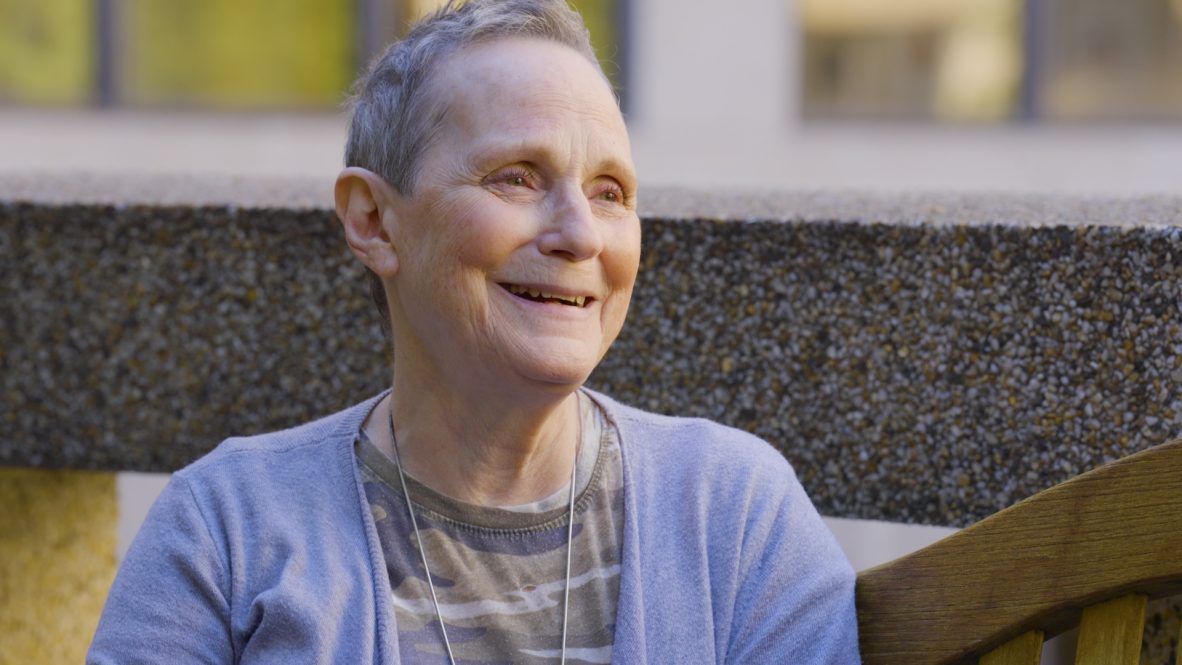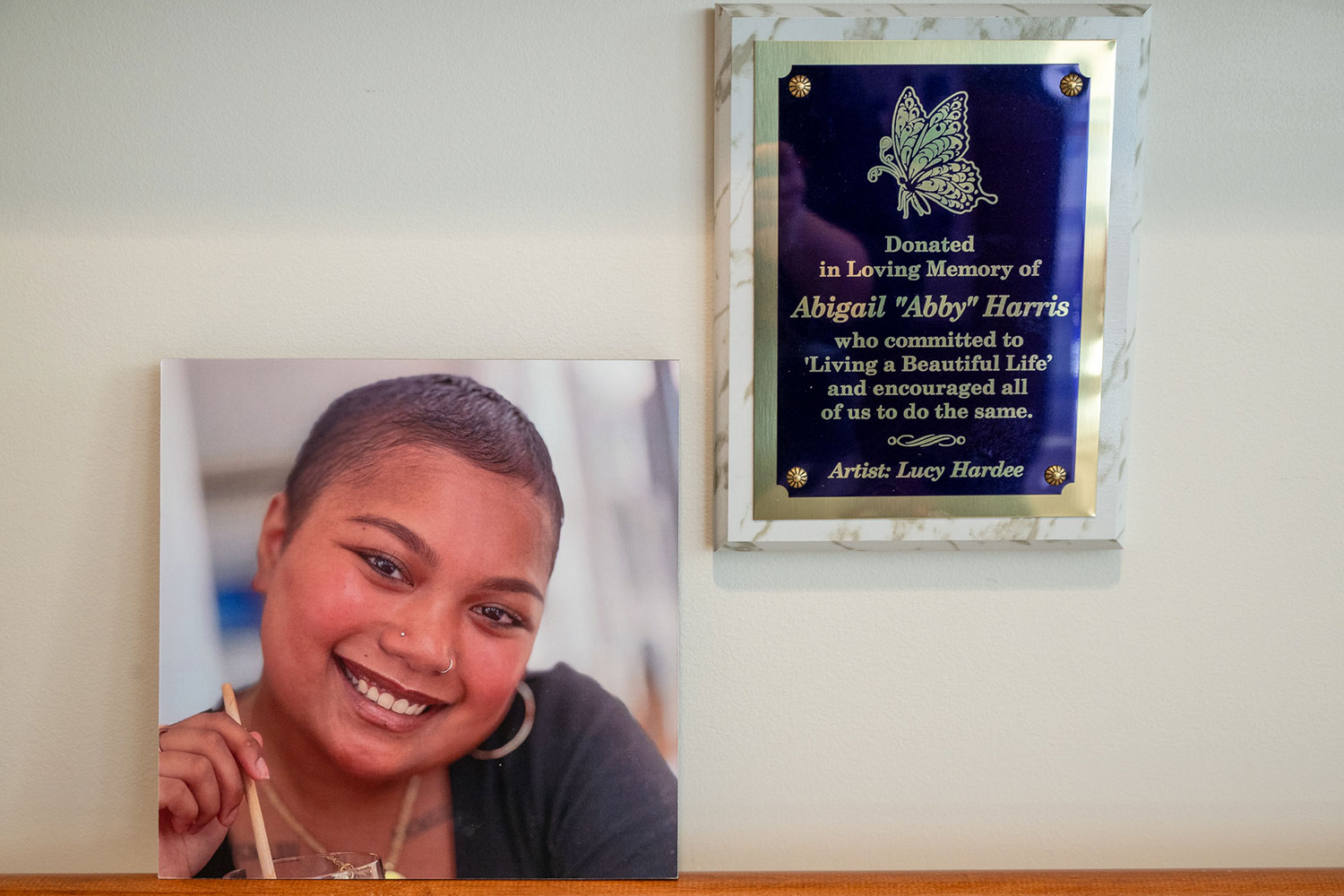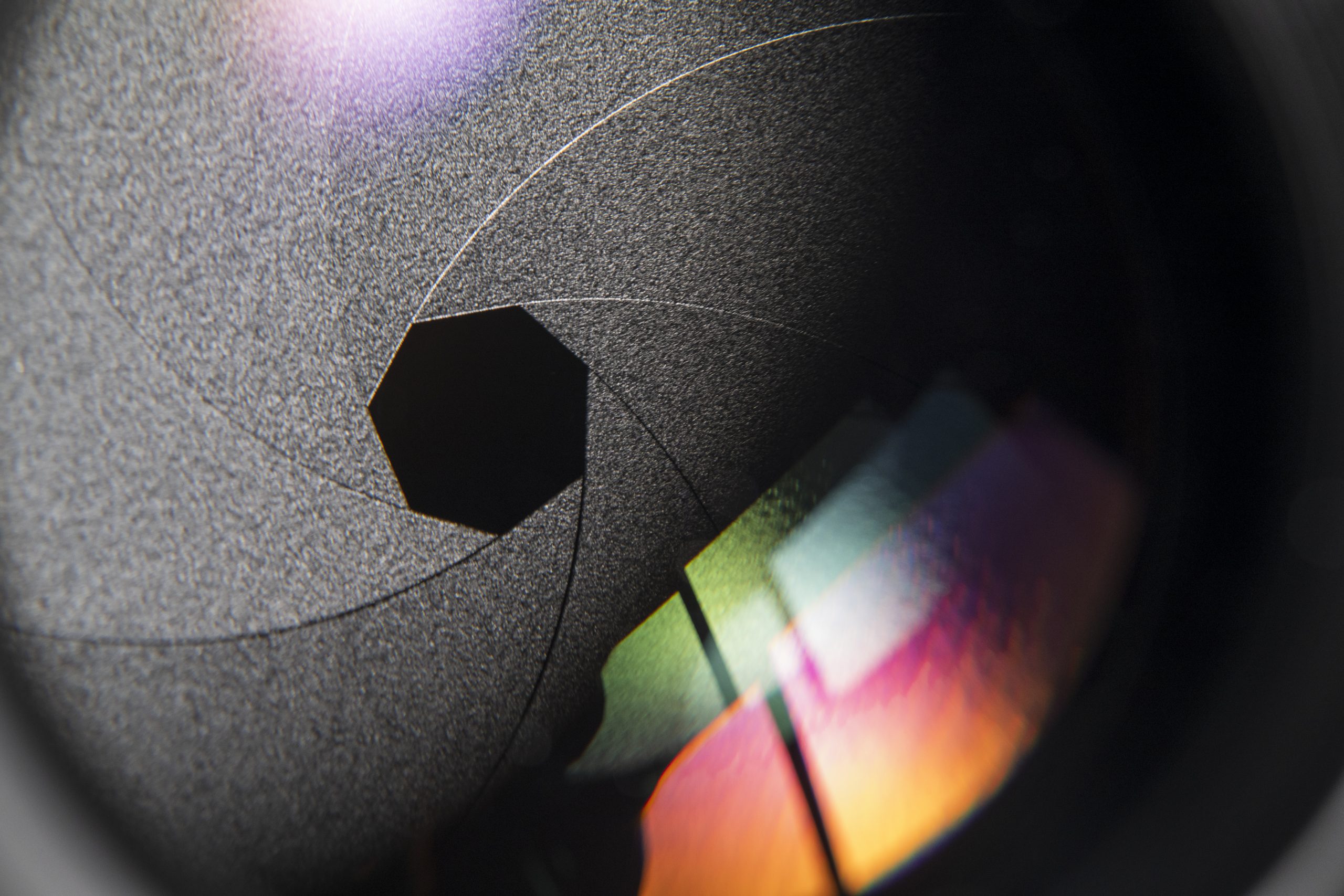It was 2016 and Jan Figueroa knew something wasn’t right when she felt a lump in her breast, but she thought or hoped it would just go away. The tumor continued to grow and she could see discoloration on the skin. She knew it was time to get it checked out.
Following a mammogram, scans and testing that confirmed Figueroa had breast cancer, she saw Dr. Peter Deckers, now retired from practice as a surgical oncologist, Dean Emeritus, and former Executive Vice President for Health Affairs at UConn Health and Dr. Susan Tannenbaum, chief of the Division of Hematology and Oncology in the Department of Medicine and the clinical director of the Carole and Ray Neag Comprehensive Cancer Center at UConn Health.
“When I got the diagnosis, it brought me to my knees,” says Figueroa.
While Figueroa did not want to know the stage of her breast cancer, her children were aware and she was in late Stage 3. She underwent several different chemotherapy treatments that began on March 16 and finished on August 16. On her second leg of chemotherapy that May, at the time the chemo started going through her port she received word that her grandson was born. She now calls him her good luck charm.
She had surgery that October for a unilateral mastectomy to remove the breast.
Figueroa was called in a week early for her follow-up appointment. She wasn’t sure what was happening as the nurses were all there crying, her son was in the waiting room and Deckers seemed pensive. She thought the worst but learned that the cancer was gone and had not spread. She couldn’t believe it or how lucky she was.
“They saved my life,” Figueroa says of Deckers and Tannenbaum.
While Figueroa was fortunate her cancer was treated at such a late stage, her outcome is not always the case, which is why the best results come from early detection through screenings that should be done annually.
She is now on a maintenance treatment and has a scan annually.
“I was happy with the treatment I had received but did not want reconstructive surgery,” says Figueroa. “There were just too many issues with implants at the time.”
Figueroa never considered herself vain and even when she lost her eyebrows, lashes, and hair during chemo, the one thing that really bothered her was she just wanted her clothes to fit her right.
When Figueroa went to get a prosthetic after her 2016 mastectomy, she didn’t feel like she was treated well and the prosthetics were uncomfortable, heavy, and sweaty. She was sent home with a prosthetic that was way too big for her and a bra that was too small being told this is how it is supposed to be. The bra was so tight she couldn’t breathe and was getting blood blisters. So she stopped wearing it all together.
As luck would have it, her friend and colleague, Dr. Liisa Kuhn, a biomedical engineer at UConn Health, heard her challenge and got to work finding a solution.
Kuhn has created a 3-D printed prosthetic and works with female engineering students at the UConn School of Engineering on the project. The prosthetics are lightweight and breathable and give a symmetrical appearance. The prosthetic is contoured to match each patient’s body shape through a scan, including any tissue removed under the arm during surgery.
“It’s been a need for many years and I discuss this possibility with any of my patients who have had a mastectomy,” says Tannenbaum.
“I just wanted to look pretty,” says Figueroa. “Dr. Kuhn is helping not just make you look better, she is giving you back your self-esteem, something no one else understands.”
Early detection saves lives and mammograms and screening tests are used to find cancer before a person has any symptoms. It’s important to discuss when you should start regular mammography screenings with your doctor.
UConn Health offers 3D mammography or tomosynthesis that provides doctors with a clearer, more detailed view of breast tissue and can lead to easier and earlier breast cancer detection. The state-of-the-art technology takes images of the breast from multiple angles and helps radiologists pinpoint the size, shape, and location of abnormalities.
If you are diagnosed with breast cancer, the Carole and Ray Neag Comprehensive Cancer Center at UConn Health has assembled an exceptional team of experienced and compassionate specialists who will work together to provide complete, comprehensive, and cohesive care.
Kuhn is still working to improve her prosthetics and continues to seek volunteers interested in having one custom made for them. To volunteer, email Kuhn at lkuhn@uchc.edu or call the Carole and Ray Neag Comprehensive Cancer Center at 800-579-7822.



